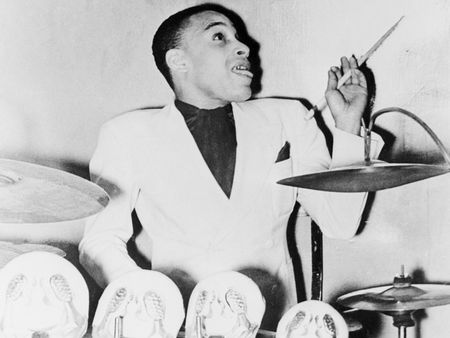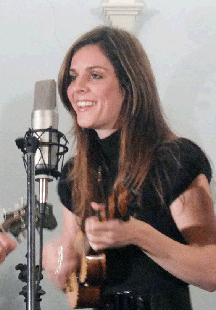

No sooner had the ban been implemented than illicit alcohol-serving clubs – called speakeasies – began springing up in abundance. And so, inevitably, Prohibition (as it came to be known) proved to be the catalyst that resulted in a proliferation of bootleggers and organized crime rackets that profited during Prohibition’s 13-year duration.

On January 16, 1920, the Volstead Act was passed, declaring a war on alcohol (prohibiting its manufacture, sale, transportation, consumption, and importation) in a move to reduce crime, violence, and poverty, and improve the American quality of life.īut as history – and human behavior – shows us, anything that is prohibited instantly becomes more desirable. This was a different kind of conflict: a moral crusade that targeted one of humanity’s main vices.

But the prospect of living a life defined by carefree hedonism was quickly quashed by the US Congress, who embarked on a new war. World War I had ended two years previously and the jubilation felt at the prospect of peace was combined with an economic boom and a post-war optimism that dovetailed with the younger generation’s desire for greater personal freedom. So how did jazz come to rule the world? For the answer to that, let’s travel back to America in 1920.


 0 kommentar(er)
0 kommentar(er)
